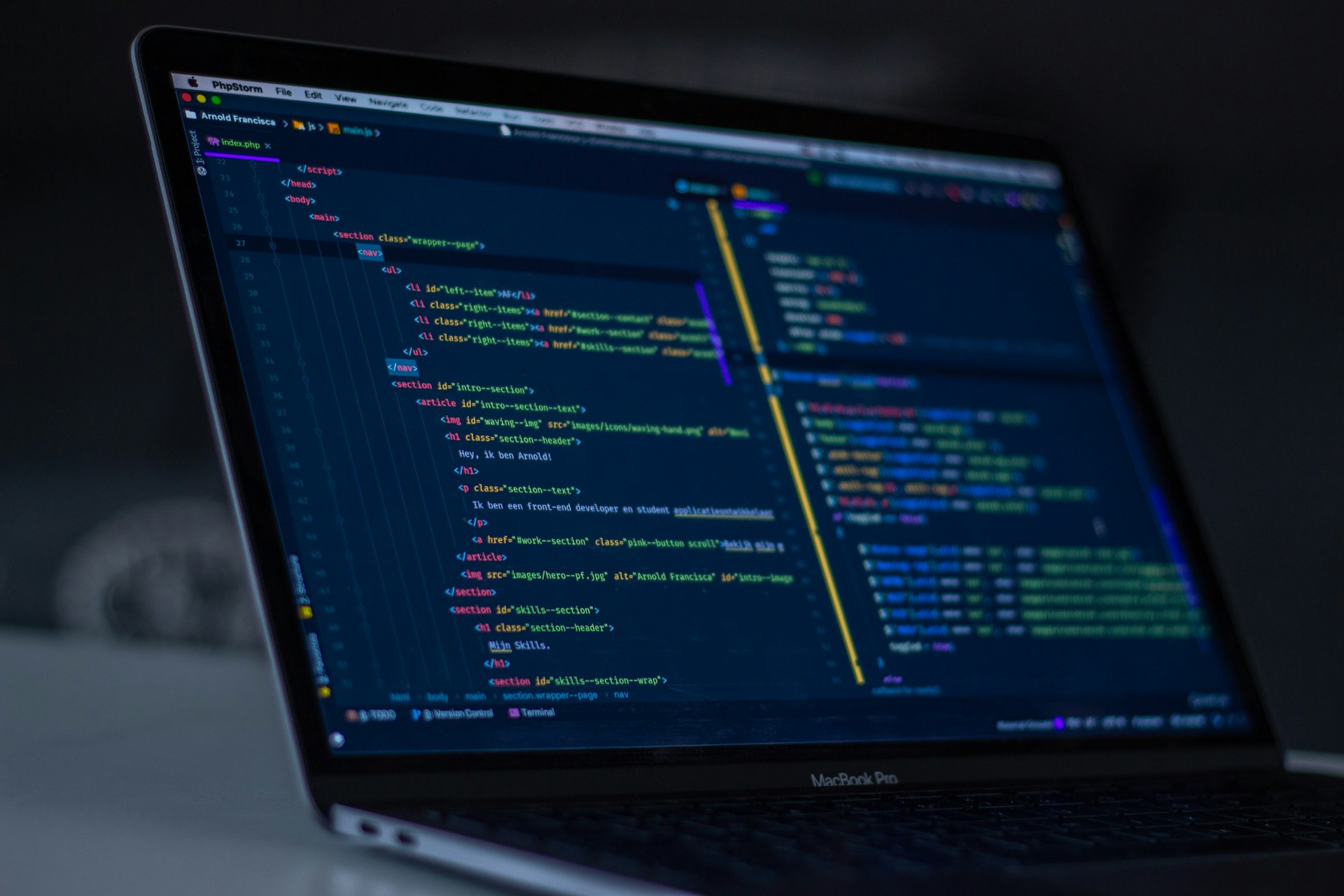AI in Code Generation: Why Microsoft and Google Are Leading the Charge in 2025

Artificial intelligence is quietly altering the future of software construction. On the other hand, it is apparent that Microsoft and Google are at the forefront, with AI for code generation playing an influential role in the development processes of both companies.
In a recent disclosure, Nadella stated that AI code generation is behind about 20% to 30% of Microsoft’s software output. This is a signal of change: Code development using AI is no longer being experimented with, but is gaining in importance in Microsoft’s coding operations.
Microsoft’s Push Toward Automation
Microsoft’s vice president, Jeff Hulse, managing hundreds of engineers, has recently encouraged the teams to allow AI in code generation to produce 50% of their code. Around the same time, layoffs were announced at Microsoft. While not expressly stated as a link, the implication is that growing automation and machine-generated code are transforming traditional engineering roles.
Google’s Similar AI Adoption
Google is also embracing AI in code generation. CEO Sundar Pichai said that more than 30% of Google’s internal code is now machine-generated. Both Microsoft and Google remain vague about how exactly they measure AI-produced code, but the trend is undeniable: automated coding is quickly becoming a standard practice at leading tech firms.
What This Means for Developers
Kevin Scott, the Microsoft CTO, has forecast that by the 2030s, AI may create as much as 95% of code. Such a long-term vision greatly favors the impact of AI-assisted development.
For the evolution of software engineers, this means a shift in roles may occur; instead of writing each line by hand, developers will increasingly vet, refine, and debug code generated by AI. Microsoft feels this is a good place-waste of time basis, where engineers can concentrate on creative problem solving and innovations. On the darker side, critics fear loss of manual competency, quality issues, and over-reliance on automation.
Industry-wide adoption occurs at varying paces, with Meta CEO Zuckerberg admitting his company is not as advanced as others when it comes to AI code generation. Still, it’s not a question of if AI will generate code, but rather how fast it will become software.
Challenges and the Road Ahead
With quicker prototyping and more speedier development, one faces problems when AI-generated codes are considered. Debugging and maintenance can get very tricky for machine-generated codes. Additional ethical and legal conundrums enter the fray regarding who is to take responsibility and authorship of AI-written software. AI-assisted automation may very well be the big bet for increased development speed by Microsoft and Google.
The Future of AI in Software Development
Today, AI is redefining the software engineering landscape. Whether it ogles creativity or inhibits it is yet to be seen. Yet, what is clear is that AI is an inroad into the new way of crafting code, reviewing, and maintaining- it is the future of programming.
Follow us on WhatsApp, Telegram, Twitter, and Facebook, or subscribe to our weekly newsletter to ensure you don’t miss out on any future updates. Send tips to editorial@techtrendsmedia.co.ke


